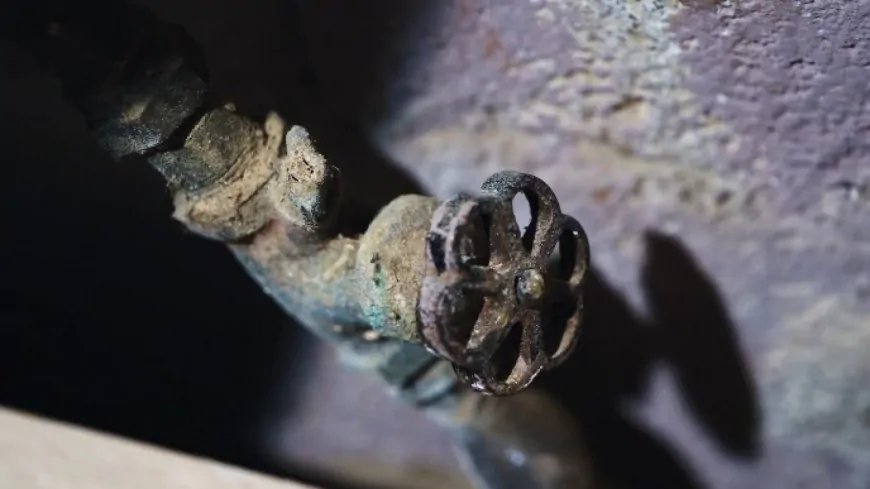Richmond working to replace lead pipes by federal deadline

RICHMOND, Va. (WRIC) -- Some are calling ghost-busters this time of year, but Richmond officials are calling on residents -- asking homeowners to check their pipes for lead.
One thing is for sure -- while some squeeze lemon into their drinking water and others add electrolytes -- one thing you definitely don't want sprinkled in is lead.
According to the Richmond's Department of Public Utilities (DPU), when water leaves the city's treatment facility, it does not contain lead. It's when the water passes through certain pipes that it could pick up dangerous particles.
"There is no safe level of lead in drinking water," said a spokesperson for DPU in a video posted on the department's YouTube channel. "In children, low levels of lead exposure have been linked to learning disabilities, behavior problems and other issues."
If too much lead enters your system, it can damage your brain and kidneys -- that's why the department said it's so important for the public to help monitor which parts of the city still have lead pipes.
Under the Biden administration, cities must replace potentially hazardous lead pipes by 2037. The City of Richmond is handling the public spaces, but it needs private property owners to check their own pipes.
"Lead can be in the piping materials that connect older homes to the water mains," said the spokesperson in DPU's video. "For homes built before 1986, it was not uncommon for service line piping or their joints to contain lead."
The only thing residents need to test their pipes is a sharp object. Give your pipes a scratch, you don't want the exposed area to be shiny and silver — that means it's likely lead. DPU's video shared how to best limit your exposure to lead.
"Always begin with cold water for drinking and cooking," the spokesperson said in the video. "When you haven't used your water for several hours, flush out the pipes to remove any lead... You should also clean out your faucet aerators because they can collect lead particles. Make sure new plumbing fixtures are certified as 'lead free.'"
Richmond agencies have been working to remove lead pipes since the 1990's.

 VENN
VENN 





